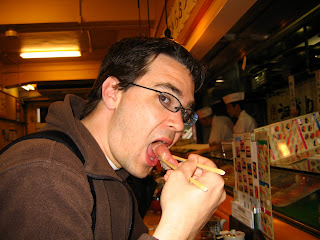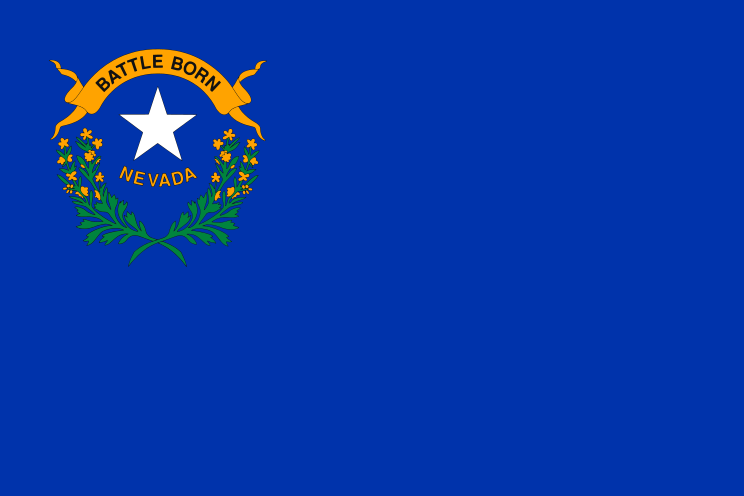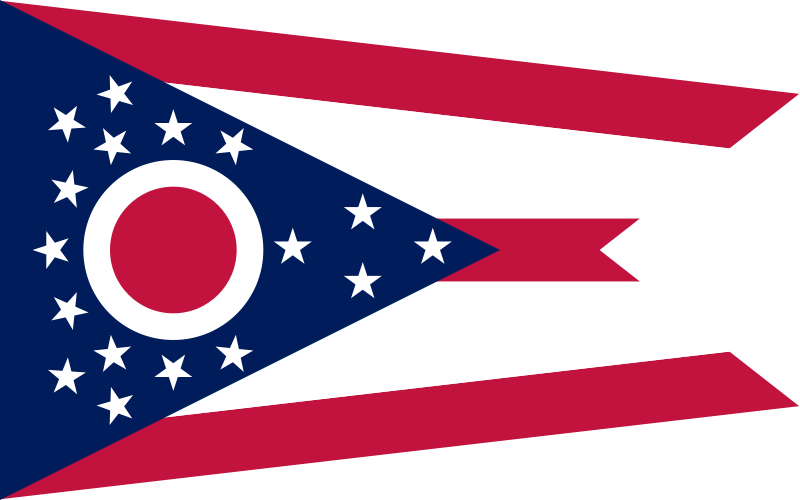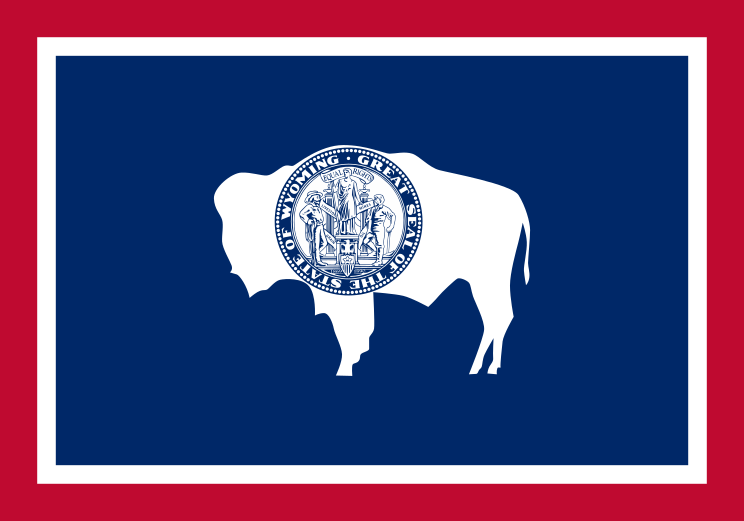one of the biggest things i had wanted to do ever since coming to Japan was to go to the world famous Tsukiji fish market in Southern Tokyo. as a student of Economics you hear all about markets, but rarely anymore--especially in America--do you ever get to see an actual market at work. Europe has some pretty vibrant market scenes, but even there people are still much more familiar with the "super" variety. the most real-feeling market i have ever experienced was in Samoa, where the buyers and sellers bringing their wares to a central trading place were more than just hypothetical textbook examples; it was thriving and bustling and, moreover, was how the people there lived.
Tsukiji, more properly known as the Tokyo Metropolitan Central Wholesale Market, is indeed a wholesale market, and as such is one step removed from the everyday-ness of Samoa's variety (and Japan has a thriving supermarket industry). but it is huge--the largest of its kind anywhere--and it is operating almost every day. basically, what happens here is that the daily 2,000 tonnes of seafood from all over the world starts arriving here by land, sea and air at some ungodly hour of the morning for a bunch of auctioneers to start valuing and buyers to start evaluating. these buyers are often representatives of the supermarkets or restaurants, and sometimes the top sushi chefs will come and choose their fish themselves. the auctioning, which is now generally closed to the public, begins around 5am and goes for a couple of hours, after which the hive really gets buzzing moving all that food around:
outside the main buildings at Tsukiji at around 8am. there are so many of these "one man trucks" flying around everywhere that it's amazing more people don't join the fish in their fate. which looks something like these tuna below, which are so big they have to be quartered with industrial-size band saws (after being frozen).

i understand that the auctions themselves can be pretty intense, with certain big fish, like tuna, going for the equivalent of thousands of dollars apiece. but, as we shall see, that does make for some mighty fine sushi, even if it isn't so cheap. just as markets often formed the core of early cities, with support businesses springing up all around them, so all kinds of enterprises have taken the space around Tsukiji. the obvious ones are the hordes of restaurants that line the little streets of what could well be its own small city, but if you take a closer look you see places selling the wellington boots that so many fishmongers would need, and a few small places where the accountants hang out their shingles. it's really remarkable how all this growth is so synergistic and organic--the invisible hand at work, certainly. there's a chaos to it, but it all flows so well, even the hundreds of "one man trucks" that zoom around everywhere never seem to get in accidents or even cause traffic jams; it all just flows. this is definitely where the rubber meets the road on basic economic theory, you have to see a place like this for the basis of Economics to come alive.

me and the fish that changes lives: o-toro, or fatty tuna. there are few things better in all the world.
we weren't just there for that, of course. we (meaning i--Jill doesn't care much for Economics or fish) actually had to jump in and experience the fish itself. we found one of the few sushi places that didn't have an outrageous line (for breakfast, mind you) and plunked ourselves down to experience really fresh fish. and i treated myself to the famous o-toro, the fatty tuna. tuna is a favorite of mine anyway, but this stuff lived up to the hype. in the States sushi joints will often charge "market price" for o-toro, so i'd never tried it before, but it was worth the wait. one could never be the same after trying it, it just melts in the mouth and leaves you wanting only more. which is, alas, my current sad state, until next time.
Tsukiji, more properly known as the Tokyo Metropolitan Central Wholesale Market, is indeed a wholesale market, and as such is one step removed from the everyday-ness of Samoa's variety (and Japan has a thriving supermarket industry). but it is huge--the largest of its kind anywhere--and it is operating almost every day. basically, what happens here is that the daily 2,000 tonnes of seafood from all over the world starts arriving here by land, sea and air at some ungodly hour of the morning for a bunch of auctioneers to start valuing and buyers to start evaluating. these buyers are often representatives of the supermarkets or restaurants, and sometimes the top sushi chefs will come and choose their fish themselves. the auctioning, which is now generally closed to the public, begins around 5am and goes for a couple of hours, after which the hive really gets buzzing moving all that food around:
outside the main buildings at Tsukiji at around 8am. there are so many of these "one man trucks" flying around everywhere that it's amazing more people don't join the fish in their fate. which looks something like these tuna below, which are so big they have to be quartered with industrial-size band saws (after being frozen).

i understand that the auctions themselves can be pretty intense, with certain big fish, like tuna, going for the equivalent of thousands of dollars apiece. but, as we shall see, that does make for some mighty fine sushi, even if it isn't so cheap. just as markets often formed the core of early cities, with support businesses springing up all around them, so all kinds of enterprises have taken the space around Tsukiji. the obvious ones are the hordes of restaurants that line the little streets of what could well be its own small city, but if you take a closer look you see places selling the wellington boots that so many fishmongers would need, and a few small places where the accountants hang out their shingles. it's really remarkable how all this growth is so synergistic and organic--the invisible hand at work, certainly. there's a chaos to it, but it all flows so well, even the hundreds of "one man trucks" that zoom around everywhere never seem to get in accidents or even cause traffic jams; it all just flows. this is definitely where the rubber meets the road on basic economic theory, you have to see a place like this for the basis of Economics to come alive.

me and the fish that changes lives: o-toro, or fatty tuna. there are few things better in all the world.
we weren't just there for that, of course. we (meaning i--Jill doesn't care much for Economics or fish) actually had to jump in and experience the fish itself. we found one of the few sushi places that didn't have an outrageous line (for breakfast, mind you) and plunked ourselves down to experience really fresh fish. and i treated myself to the famous o-toro, the fatty tuna. tuna is a favorite of mine anyway, but this stuff lived up to the hype. in the States sushi joints will often charge "market price" for o-toro, so i'd never tried it before, but it was worth the wait. one could never be the same after trying it, it just melts in the mouth and leaves you wanting only more. which is, alas, my current sad state, until next time.
























































No comments:
Post a Comment